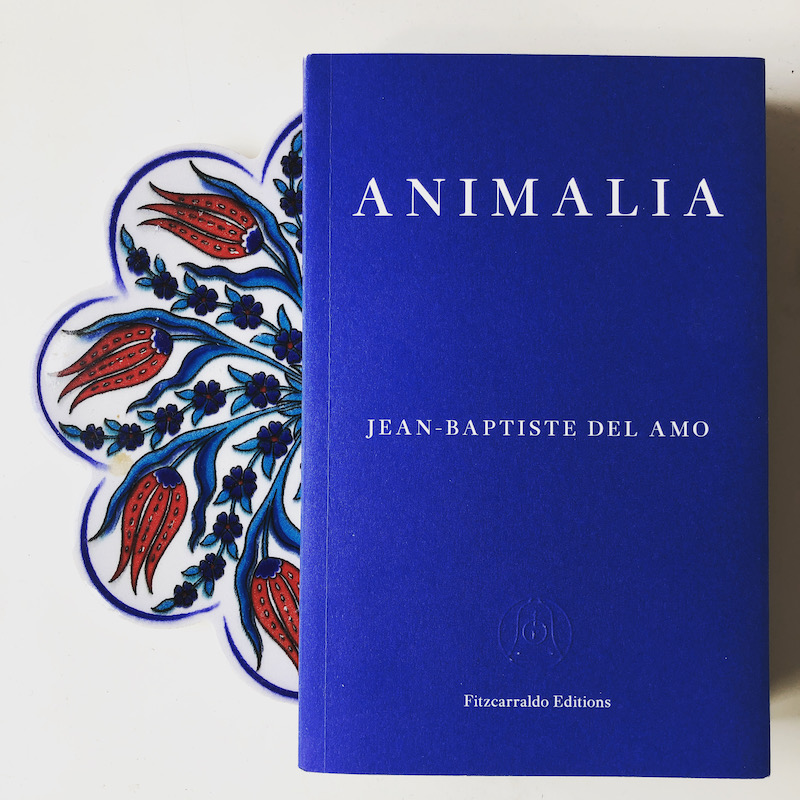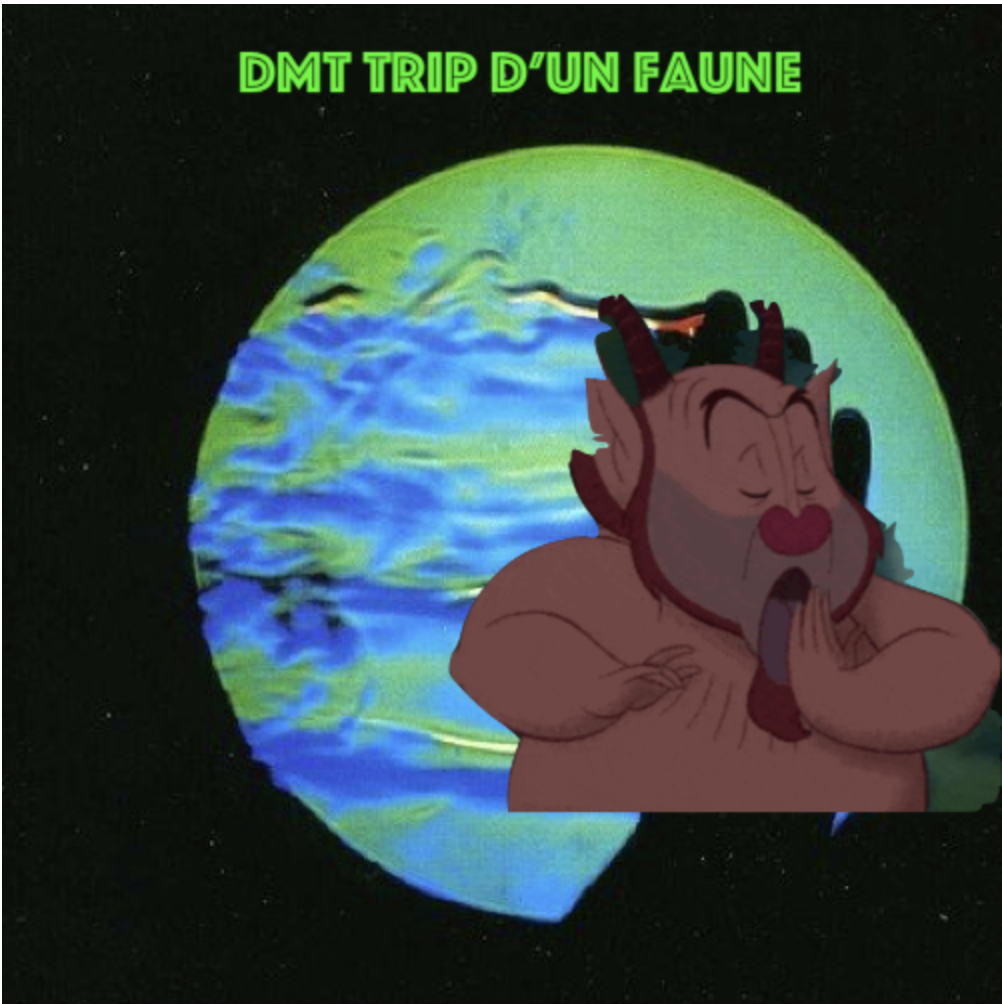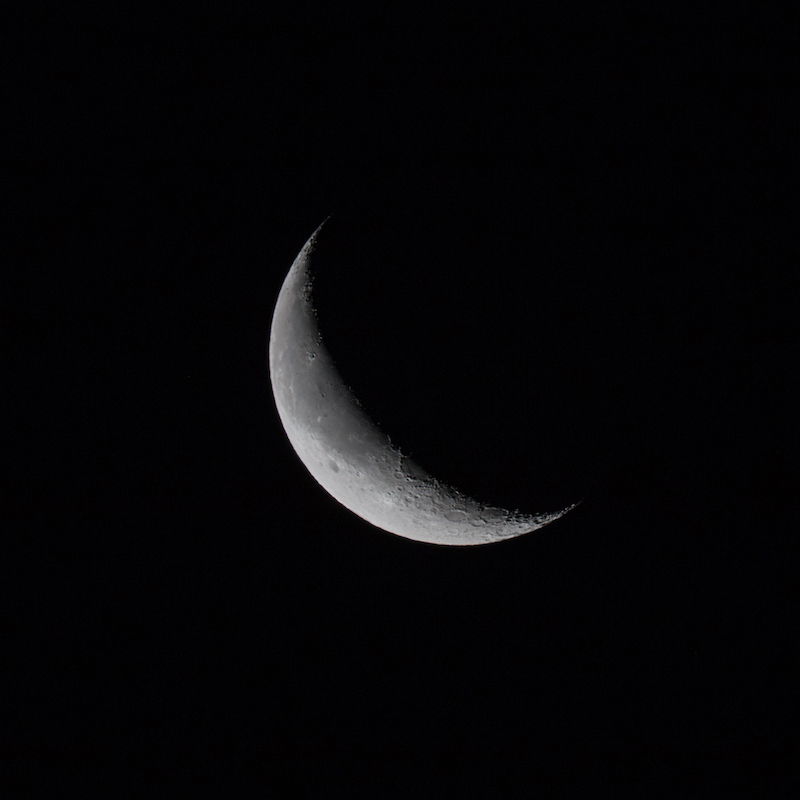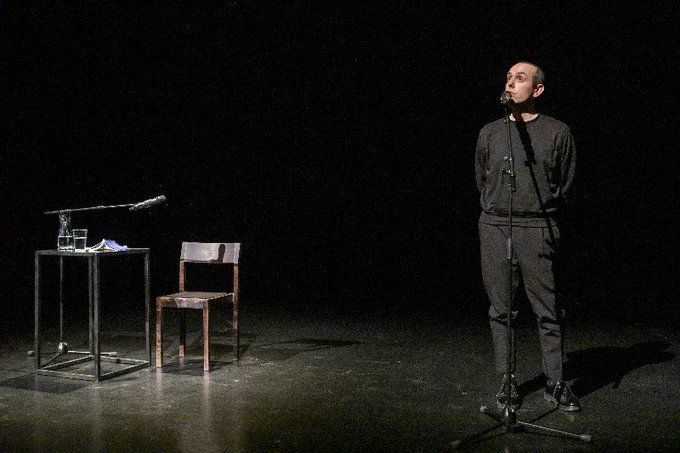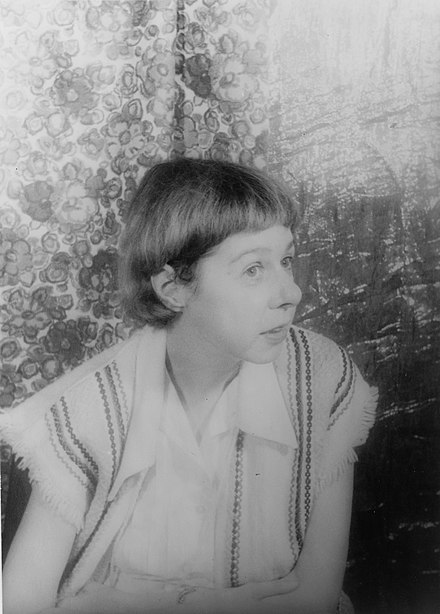
March 29, 2020
One by one, in less than 24 hours, nearly all of my ‘projects’ toppled like dominoes, until on the afternoon of Friday, 13 March, my assistant and I found ourselves staring at each other and realising there was nothing left for us to do.
Since then I’ve wasted the better part of two weeks reading the news, but I’ve also been in touch with many friends and family members, and am doing yoga with my teacher and our group via Zoom. To briefly see their faces and hear their voices and to go through our routine together is a lifesaver.
I usually open the New York Times first thing in the morning, but today instead I read Catherine Malabou on finding her solitude within confinement, in order to write (‘the psychic space where it is possible to do something’). I copied out parts of the essay, and for one day at least, determined to shut out the noise, I cleared off my desk, which was a disgrace, if not to write then at least to read (books).
Listening: Duane Train, an updated and expanded mini-Mancuso Loft party. DJ’d by the laid back, droll Duane Harriott every Wednesday from noon to three on WFMU. Eleven years of music and playlists are archived here.
Reading: I just finished Carson McCullers’ five novels and some of her stories, and have begun her unfinished autobiography, Illuminations and Night Glare. Writing in the 1930s and 40s, her stories feel singularly undated and contemporary. Notably, she had a way of conjuring queerness that manages to be both forthright (taken for granted), and coded. This quality is most striking in my favourite of the novels, the slim, perfect The Member of the Wedding.
Moyra Davey is an artist and writer based in New York. Her essay collection Index Cards is forthcoming from Fitzcarraldo Editions on 3 June 2020.


